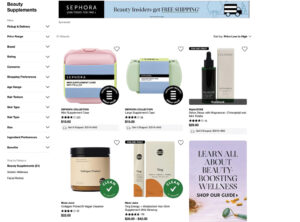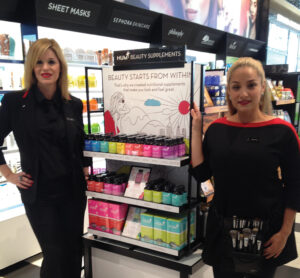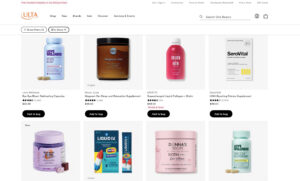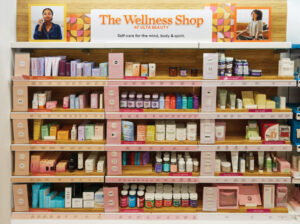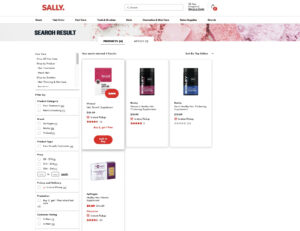Beauty from Within: Market Potential of Beauty Supplements
As life expectancy rises and interest in slow aging grows, beauty is shifting from “adornment” to “maintenance.” With this change, the idea that health and beauty are closely linked is gaining traction, marking a new chapter in the beauty industry. In Korea, ingestibles like collagen, biotin, and probiotics have already formed a distinct beauty category known as “Inner Beauty.” In the UK, the idea of “Inside-out Beauty” is also gaining momentum, with related products growing quickly. The U.S., the largest dietary supplement market, is following the trend. As diet drugs, detox routines, and clean beauty surge, the line between beauty and wellness continues to blur. Beauty store shelves now feature products like “drinking collagen” and “eating skincare,” which are gradually becoming part of consumers’ daily beauty routines. Beauty no longer remains on the surface; it begins internally and progresses toward the “next level of beauty” that manifests outwardly.
Beauty Supplements: Already a Global Trend
The global inner beauty market has seen steady annual growth of 7~10%, with rapid expansion in regions like Asia-Pacific, North America, China, and Mexico. Amorepacific’s Super Retinol C recorded over 200% sales growth within a year of launching in Japan. At Olive Young, functional products such as collagen and probiotics have fueled about 30% annual category growth over the past two years, driven by strong demand from health-conscious consumers in their 20s and 30s. According to Centric Market Intelligence, the number of beauty supplements in the UK grew 57-fold in 2023 compared to 2021, with sell-out rates also rising sharply, indicating strong consumer demand. Grand View Research forecasts the UK beauty supplement market will grow at an average annual rate of 9.6% through 2033.
The US Is No Exception – Beauty Supplements in Beauty Stores
In the US beauty retail market, the trend of achieving health and beauty through ingestibles is growing rapidly. Major retailers like Sephora, Ulta, and Sally Beauty have already made beauty supplements a core category, positioning them as an essential part of the beauty routine.

